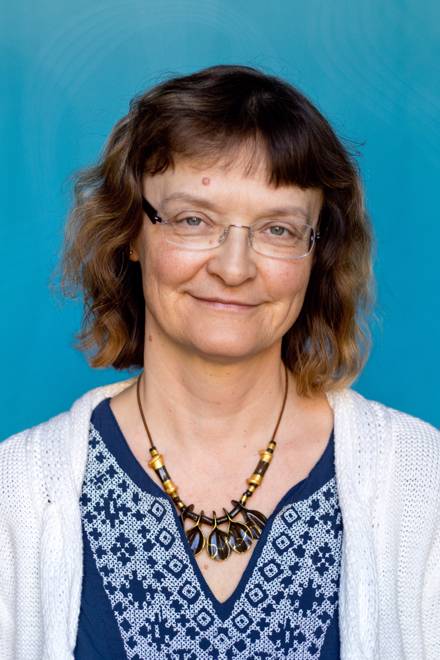Ongoing projects:
Minors in Disarmament, Demobilization and Reintegration (DDR) Processes - The Gender Dimension
Child recruitment to armed forces and armed groups is illegal by international law. The recruitment of minors represents an ethical problem in itself, but minors in armed forces and armed groups also represent a challenging issue and a stumble stone in peacemaking and DDR processes. This project takes the international framework on child soldiers as the point of departure – that is – conventions on the rights of the child, UN resolutions and central documents by important actors like UNICEF. It looks into the main regulations and recommendations in these documents and holds them up against research and case studies on the experiences of child soldiers in DDR processes. The project includes case studies of minors in DDR processes from Colombia and the Philippines.
Past projects:
WOMENsPEACE: Gender Equality, Peace and Security in Nepal and Myanmar
Funded by the Research Council of Norway (NORGLOBAL), the PRIO project Gender Equality, Peace and Security in Nepal and Myanmar (WOMENsPEACE) starts up in February 2016. It will be led by Wenche Iren Hauge and includes Åshild Kolås, and researchers in Nepal and Myanmar.
This project focuses on the gender dimension of disarmament, demobilization and reintegration (DDR) processes in Nepal and Myanmar, and on the post-conflict political participation of female and male ex-combatants. In addition, it investigates the consequences of DDR processes for post-conflict gender equality, women and men's social inclusion and women's rights. A considerable amount of theoretical studies have been conducted on the gender dimension of DDR processes, but so far very few case studies exist. The WOMENsPEACE project is important - not only for providing new case studies - but also for bringing in case studies from two different types of conflict; the primarily ideological conflict in Nepal and the ethnic conflicts in Myanmar. With this new perspective, this project will contribute to moving the frontiers of knowledge on women, peace and security in particular and on post-conflict transformation in general. The WOMENsPEACE project is a collaborative effort between PRIO and the partner institutions Nepal Centre for Contemporary Research (NCCR) in Nepal and Ar Yone Oo (AYO) in Myanmar. In addition, the project will work with local women's associations in Nepal and Myanmar. In 2016 NCCR will organize a workshop in Kathmandu and in 2017 AYO will organize a workshop in Yangon. The objective of these workshops is to bring together women's organizations, female politicians, activists and civil society, to share experiences on the role of women in conflict, peace processes and post-conflict contexts. An international conference will also be organized in Bangkok in 2018. The conference will bring together all project partners in addition to key people from NGOs, multilateral organizations, relevant Norwegian embassies and researchers working on women's empowerment and gender equality in peace processes.
Conflict Prevention and Conflict Management in Haiti: Insight from Marginalized Communities
Project financed by the Norwegian Ministry of Foreign Affairs.
This project has its focus on local capacities for the prevention of violence in Haiti. The objective is to identify models of conflict prevention rooted in Haitian traditions or adaptable to the Haitian context.The project is divided into three phases, covering different geographical areas of Haiti, including Artibonite and Port-au-Prince (phase I - completed), the South, the South-East, Grande-Anse and Nippes (phase II - completed), the North-West and North-East (phase III-ongoing). Reports in French and English are available from the project. (See list of publications!)
The Demobilization and Political Participation of Female Fighters in Guatemala.
Project financed by the Norwegian Ministry of Foreign Affairs.
This project aims at investigating how the female URNG ex-combatants fared in the demobilization and reintegration process in Guatemala and to what degree they have become socially and politically active in the post-conflict democratization and pecebuilding process.
Domestic Capabilities for Peaceful Conflict Management.
Project financed by the Research Council of Norway (POVPEACE).
This project focuses on the causes of peace. It seeks to investigate which contexts facilitate the existence of domestic capabilities for peaceful conflict management and why. Earlier research by Hauge has revealed that particular characteristics of civil-military relations, dialogue traditions and adherence to cultural concepts of nonviolence have constituted such capabilities in Madagascar. This project includes a comparative study of peaceful conflict management in Madagascar, Tunisia, Venezuela and Ecuador, and - in addition - a study of what kind of challenges frequent use of violence in Haiti represents to the development of a tradition for peaceful conflict management.






